Q&A: Children’s Book Author on Getting Lost and Finding Your Way Back
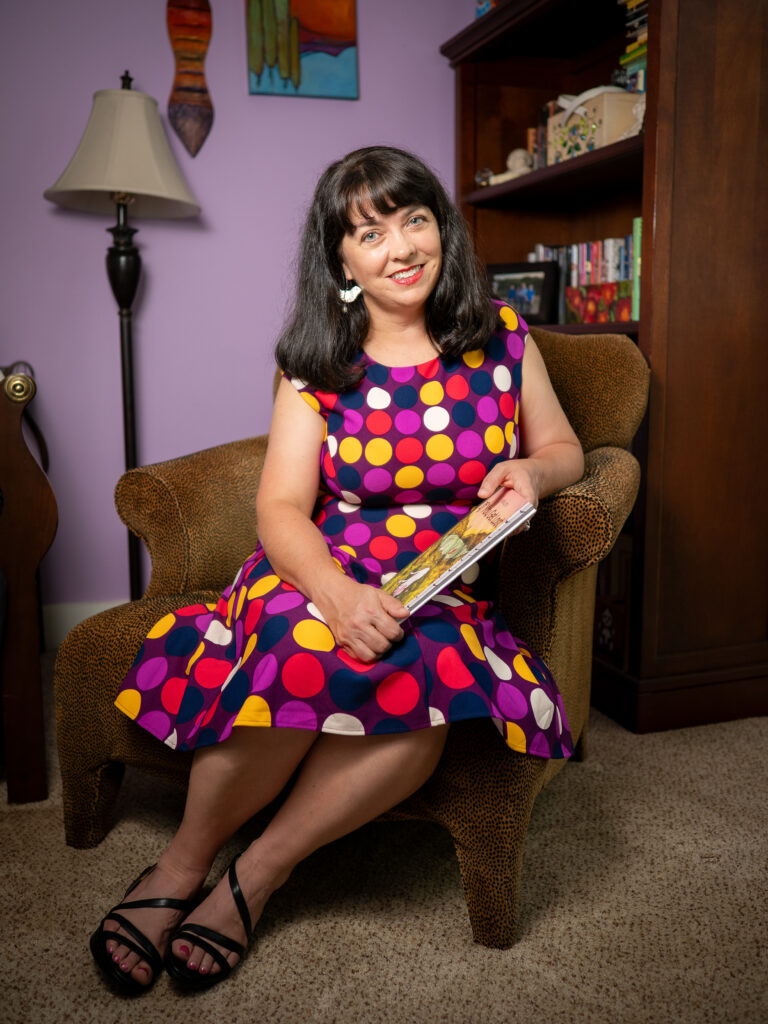
Nikki Loftin knew she wanted to be a writer since she was 9 years old, so she chased that dream in the graduate program for fiction writing at UT. Although she left the program for a brief stint as a teacher, she later rejoined at the urging of one of her program mentors over the phone. Today, she credits that pivotal phone call for making her dreams of authorship a reality.
What Loftin, BA ’92, MA ’98, didn’t expect is that she’d be an author of mostly children’s books. She credits her work with children as a music teacher in New Braunfels ISD in the early 1990s as the reason she started writing books for young people specifically. She began with middle grade fiction with a novel called The Sinister Sweetness of Splendid Academy, which is a reimagining of the folk tale of Hansel and Gretel at a private charter school where, Loftin says with a smirk, “the teachers were all very hungry.”
She wrote two other middle grade novels after that one, but the entire time she was working toward another goal: publishing a children’s picture book. That dream came true in July, with the release of If You Get Lost, Loftin’s reimagining of the classic tale of The Velveteen Rabbit.
The Alcalde sat down with Loftin to talk about If You Get Lost and her other works.
How did you come up with your ideas for your middle grade books, and how is that different than writing picture books?
I actually wrote them as picture books first. They were short, like, 150 to maybe 180 words. I was trying to find a home for them as picture books, and they kept getting turned down. I ended up attaching them to fairytales and spinning them into larger novels. So, just like no knowledge is wasted, no work is wasted when you’re a writer. Everything you do builds on the next thing. But my original dream when I started working with kids was to write picture books. In addition to writing for kids, I also had been writing poetry for adults and sending it off to literary magazines over the years and getting poems published. And If You Get Lost actually started as a poem.
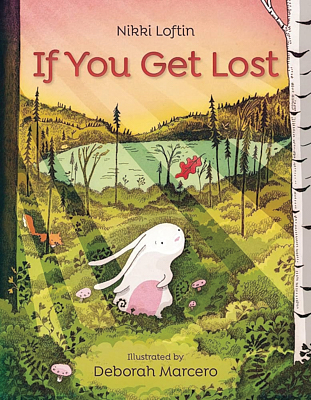
You mostly write for children or younger people. How did your work as a teacher impact that?
Until I taught school, I had no idea that I had any affinity for working with young people. But I fell in love with teaching and working with kids. I just loved it, but I also loved writing. So for me, this has been an amazing way to combine those two passions. And I’ve been so incredibly fortunate, because I get to do talks and writing workshops with kids. I’ve [worked with kids in] high schools and all the way down to kindergarten classes … so it’s been an ideal coming together of those two things for me.
Where did you get the idea for the poem?
My son was at that terrible age at the end of elementary school, when you’re going into middle school and you feel like you have no idea where you’re going. Not every kid feels that way. I have a younger son who’s known from the time he was 4 that he wanted to be an astronaut, and he is working at NASA at 20 right now. But my older son was a dreamer and an explorer, and he felt lost. I wrote this poem for him, and I also wrote it for my younger son [who was] lost in a different way. He was super gifted, but he was having trouble reading and was so smart that they couldn’t pick up on what I know was dyslexia. He was bringing home fat books, Harry Potter books, in first and second grade because that’s what all his friends were reading, but he couldn’t read them. He told me when he looked at the page, he would get lost. So I wrote this poem about being lost [which later became the book]. It starts with: “If you get lost, and you might get lost. You could be lost. Are you already lost? What my parents always told me to do: Stop when you get lost. Look up, look down, look in, look out. Look between. Look around.”
And then it has all the things that they tell you to do when you realize that you’re lost. Don’t panic and freak out and run around and lose all your sense. Stay calm and take in your surroundings. The whole book is an exploration of what can happen when you do that.
The illustrations by Deborah Marcero in this book are amazing. How did those come to life?
You don’t get to pick your illustrator. They sometimes say, “Do you like this one? Did you like that?” But Deborah Marcero was at the very top of the list of illustrators that I would have wanted. When she said yes, I was over the moon. And when I saw the copy [of the book], I read it and cried because she got it just right. Her use of perspective and the way she uses light in the pictures … her illustrations are as beautiful as I’d hoped and sometimes even deeper than I had dreamed that an illustrator would see into the heart of the text. It was just an amazing moment.
How does it feel to finally achieve your dream of releasing a picture book?
One of the things that’s happened as I’ve gotten older—I mean, my kids are grown and flown now—is that I’ve realized that there are some moments in your life that are so pivotal. For me, having this picture book out in the world is my very first “baby author” dream finally come true. I just had to wait an extra 15 years.
This interview has been edited and condensed.
CREDIT: David Wilson




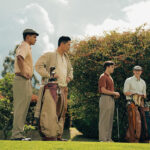
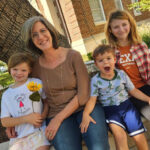
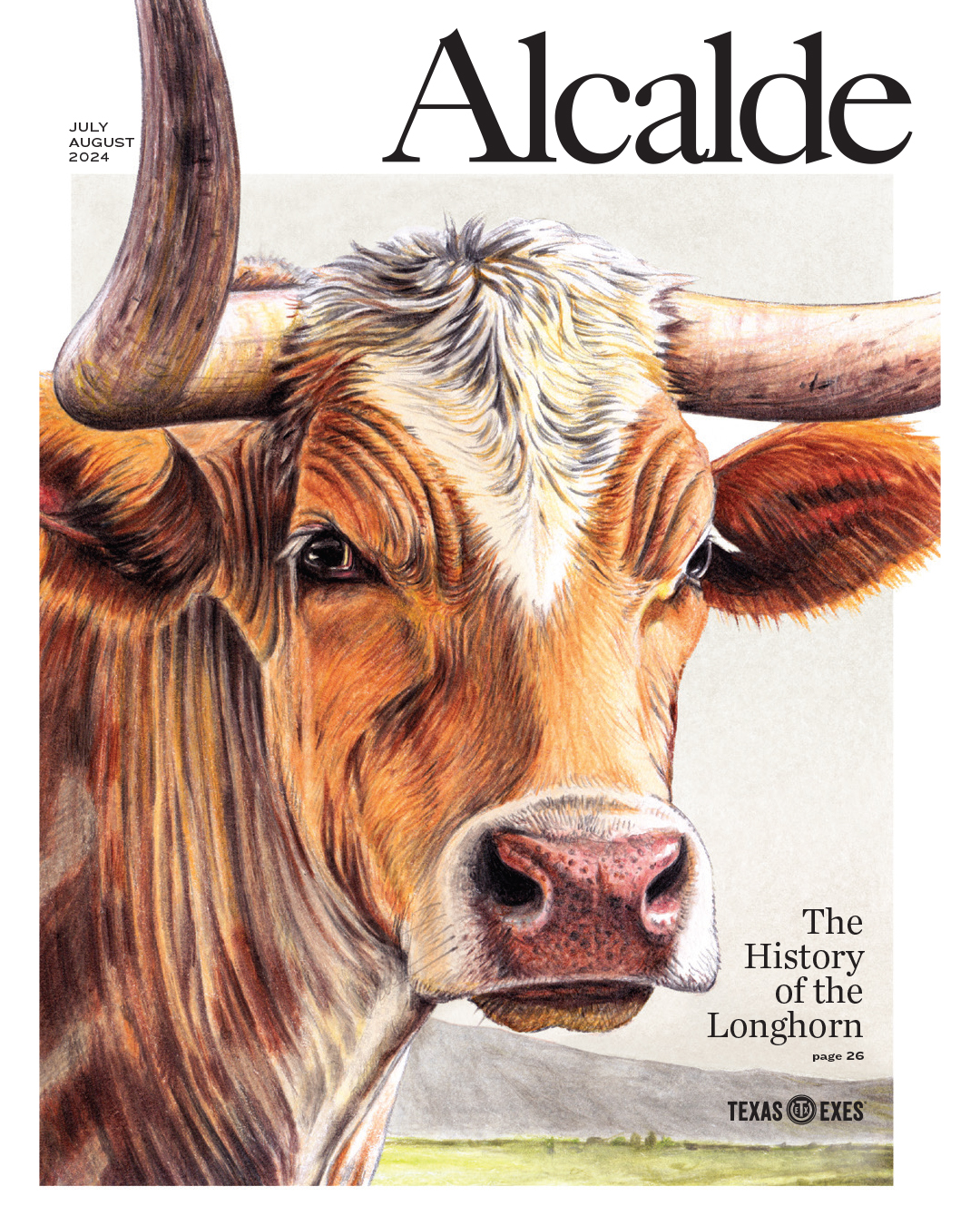



No comments
Be the first one to leave a comment.